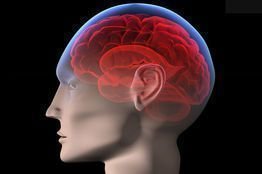Scientists find new Alzheimer's mechanism
05 April 2013 | News | By BioSpectrum Bureau

Hope for Alzheimer's patients - Washington University School of Medicine in St Louis, US, identify several genes linked to the disease causing tau protein
Singapore: Researchers at Washington University School of Medicine in St Louis have identified a new set of genetic markers for Alzheimer's that point to a second pathway through which the disease develops. Much of the genetic research on Alzheimer's centers on amyloid-beta, a key component of brain plaques that build up in the brains of people with the disease.
In the new study, the scientists identified several genes linked to the tau protein, which is found in the tangles that develop in the brain as Alzheimer's progresses and patients develop dementia. The findings may help provide targets for a different class of drugs that could be used for treatment.
"We measured the tau protein in the cerebrospinal fluid and identified several genes that are related to high levels of tau and also affect risk for Alzheimer's disease," says senior investigator Dr Alison M Goate, the Samuel and Mae S. Ludwig Professor of Genetics in Psychiatry. "As far as we're aware, three of these genes have no effect on amyloid-beta, suggesting that they are operating through a completely different pathway."
A fourth gene in the mix, APOE, had been identified long ago as a risk factor for Alzheimer's. It has been linked to amyloid-beta, but in the new study, APOE appears to be connected to elevated levels of tau. Finding that APOE is influencing more than one pathway could help explain why the gene has such a big effect on Alzheimer's disease risk, the researchers say.
"It appears APOE influences risk in more than one way," says Dr Goate, also a professor of genetics and co-director of the Hope Center for Neurological Disorders. "Some of the effects are mediated through amyloid-beta and others by tau. That suggests there are at least two ways in which the gene can influence our risk for Alzheimer's disease."












